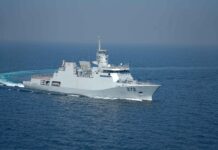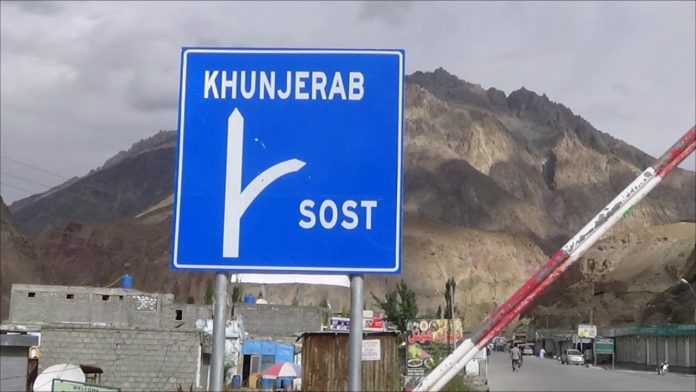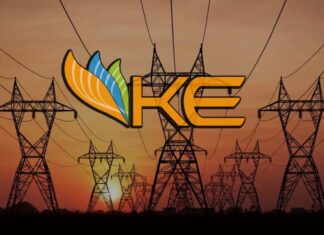ISLAMABAD: With serious reservations being shown from various quarters including the Chinese over the suspension of bilateral trade through the Sost border, the Prime Minister of Pakistan has taken notice of the issue and asked the Federal Board of Revenue (FBR) to immediately submit a report on the matter.
In a recent letter, a copy of which is available with Pakistan Today, the PM’s Office has asked the FBR to evaluate the demands of traders at the border for an early resumption of trade activities, which have been suspended since more than 82 days. The trade activities are currently suspended following the protest of traders against the introduction of the Web-based One Customs (WeBOC) system and the attitude of the customs personnel at the border.
“Taking note of the reported suspension of trade at Sost Dryport, and to address the grievances of the traders in Gilgit Baltistan (GB), it has been desired that a report giving the status and issues related to Pak-China trade through Sost port in the context of implementation of Web-based One Customs (WeBOC) system be provided to this office on priority,” the letter said.
It further says “the report may also evaluate the following demands of the local protesting traders: a) Withdrawal of WeBOC; b) Declaration of GB as a tax-free zone like Gwadar. c) Awarding contracts on Sost Dryport and the Karakorum Highway (KKH) to the locals only; d) Accountability of Customs officials involved in harassing traders; and, e) Extending jurisdiction of the GB Judiciary to hear cases related to FBR. Being a sensitive issue, the matter may be treated as most urgent,” it concluded.
As the civilian governments, both in the centre and GB have remained unconcerned for months, the Frontier Corps Northern Areas (FCNA) had to intervene to defuse the ongoing protest at the border area last week. “Now the matter is being taken seriously by both the centre and GB. We hope a way out of the matter in next few days,” said GB Chambers of Commerce President, Nasir Raki, adding “certain quarters have assured us to resolve the issue soon as 50,000 people affiliated with the China-Pakistan trade have faced billions of rupees worth losses during the past two months.”
According to sources, with the FCNA as a guarantor, the FBR has agreed to address demands of local traders this week. “We have been told that at least 80 per cent of our demands have been accepted by the higher authorities,” Raki claimed.
As per FBR officials, the WeBOC system was introduced at the dry port to expedite trade and make it transparent, as is practised worldwide. The manual One Custom operations had “loopholes” that made tax evasion possible. WeBOC is a requirement under the World Customs Organisation and CPEC because as trade expands, the country needs speedy clearance and accurate documentation of data which is not possible through manual operations.
Earlier, the Chief Court of GB had granted a stay on the WeBOC system at Sost Dry Port. However, the FBR and Pakistan Customs refused to accept the stay order.
Apart from the WeBOC issue, the local exporters, importers and traders were also of the view that collection of taxes from the people of GB by FBR is illegal as the area is disputed territory. The existence of Customs Collectorate in GB is unconstitutional.
They demanded that since Gwadar, the tail of CPEC has been declared a tax free zone, and GB as the gateway of the corridor should be declared a tax free area. According to traders under the protocol agreement between Pakistan and China in 1985, a barter trade between Xinjiang province of China and the GB region was allowed but now that archaic system has been suspended.
























